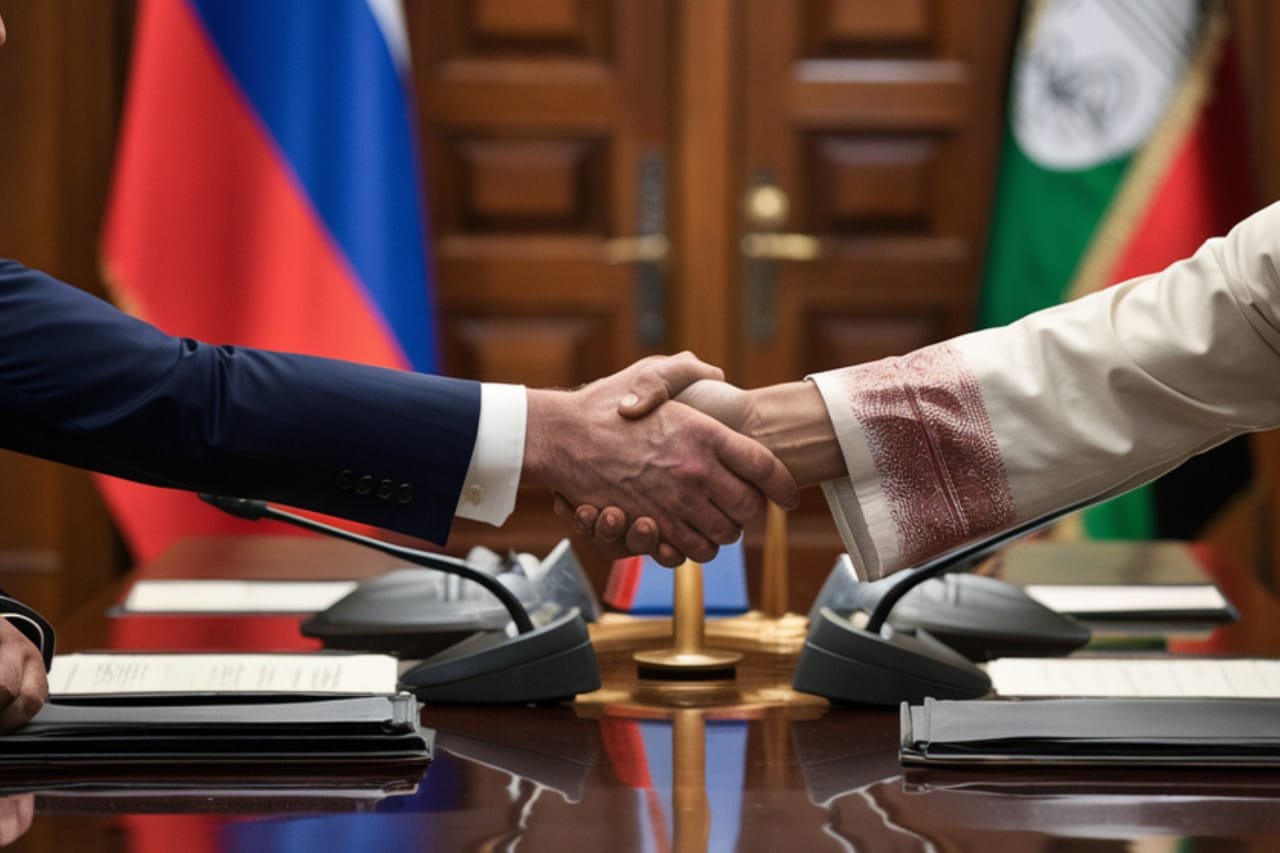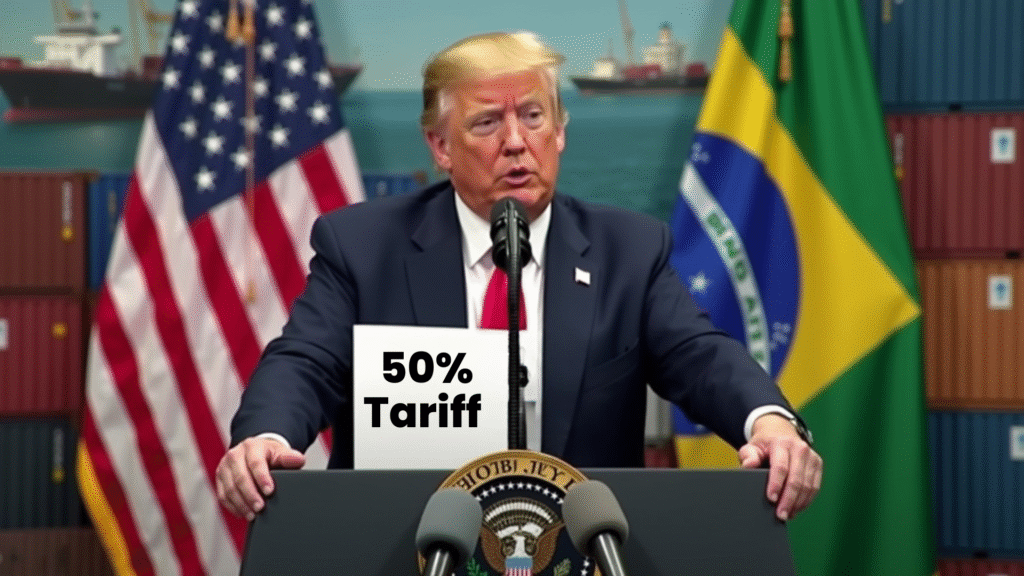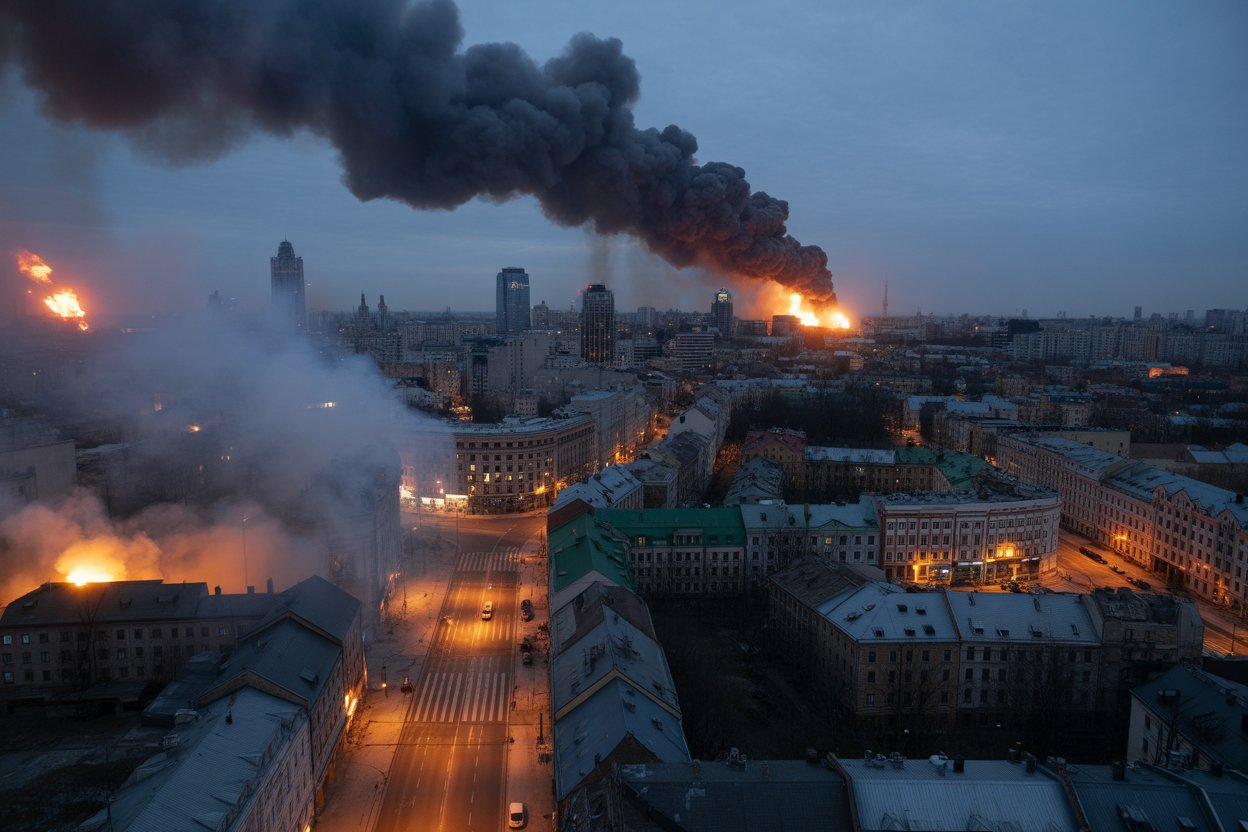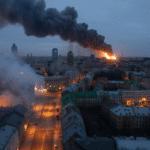- Home
- ScienceDiscover the latest updates from across the United States, including politics, culture, economy, and trending stories. Stay informed on the key events shaping the nation and the topics everyone’s talking about.
- EconomyOur Economy page provides comprehensive reporting on international financial systems, trade dynamics, development economics, and macroeconomic policy. Drawing on expert analysis and institutional data, we illuminate the interconnected nature of global markets and their real-world implications for governance and inequality.
- HealthWe examine global health issues through the lens of policy, access, equity, and innovation. From pandemics and healthcare infrastructure to mental health and biotechnological breakthroughs, our health reporting is rooted in empirical data, expert insight, and a commitment to understanding health as a cornerstone of human development.
- HistoryThis section revisits critical junctures in world history, emphasizing the relevance of historical events in shaping present-day global affairs. Through scholarly narratives and fact-anchored storytelling, we uncover the often-overlooked patterns, power structures, and human decisions that have left a lasting imprint on international relations and societies.
- PoliticsOur Politics section offers in-depth analysis of international political developments, ideological movements, and institutional shifts. With a focus on global governance, diplomacy, and geopolitical strategy, we provide nuanced reporting that transcends partisan narratives and situates events within their broader historical and structural contexts.
- War & ConflictThis section delivers meticulous coverage of international conflicts, civil wars, military strategies, and peace negotiations. We prioritize geopolitical context, long-term impact, and the role of state and non-state actors—eschewing sensationalism in favor of sober, historically informed analysis.
- TechnologyWe critically examine the global technology landscape—from artificial intelligence and cybersecurity to digital policy and ethical innovation. Our reporting focuses not just on what is being built, but why it matters: how technological change influences governance, economy, security, and human life on a planetary scale.
- Features
- Home
- ScienceDiscover the latest updates from across the United States, including politics, culture, economy, and trending stories. Stay informed on the key events shaping the nation and the topics everyone’s talking about.
- EconomyOur Economy page provides comprehensive reporting on international financial systems, trade dynamics, development economics, and macroeconomic policy. Drawing on expert analysis and institutional data, we illuminate the interconnected nature of global markets and their real-world implications for governance and inequality.
- HealthWe examine global health issues through the lens of policy, access, equity, and innovation. From pandemics and healthcare infrastructure to mental health and biotechnological breakthroughs, our health reporting is rooted in empirical data, expert insight, and a commitment to understanding health as a cornerstone of human development.
- HistoryThis section revisits critical junctures in world history, emphasizing the relevance of historical events in shaping present-day global affairs. Through scholarly narratives and fact-anchored storytelling, we uncover the often-overlooked patterns, power structures, and human decisions that have left a lasting imprint on international relations and societies.
- PoliticsOur Politics section offers in-depth analysis of international political developments, ideological movements, and institutional shifts. With a focus on global governance, diplomacy, and geopolitical strategy, we provide nuanced reporting that transcends partisan narratives and situates events within their broader historical and structural contexts.
- War & ConflictThis section delivers meticulous coverage of international conflicts, civil wars, military strategies, and peace negotiations. We prioritize geopolitical context, long-term impact, and the role of state and non-state actors—eschewing sensationalism in favor of sober, historically informed analysis.
- TechnologyWe critically examine the global technology landscape—from artificial intelligence and cybersecurity to digital policy and ethical innovation. Our reporting focuses not just on what is being built, but why it matters: how technological change influences governance, economy, security, and human life on a planetary scale.
- Features
Now Reading: Russia Becomes First to Recognize Taliban Government
-
01
Russia Becomes First to Recognize Taliban Government
- Home//
- Science//Discover the latest updates from across the United States, including politics, culture, economy, and trending stories. Stay informed on the key events shaping the nation and the topics everyone’s talking about.
- Economy//Our Economy page provides comprehensive reporting on international financial systems, trade dynamics, development economics, and macroeconomic policy. Drawing on expert analysis and institutional data, we illuminate the interconnected nature of global markets and their real-world implications for governance and inequality.
- Health//We examine global health issues through the lens of policy, access, equity, and innovation. From pandemics and healthcare infrastructure to mental health and biotechnological breakthroughs, our health reporting is rooted in empirical data, expert insight, and a commitment to understanding health as a cornerstone of human development.
- History//This section revisits critical junctures in world history, emphasizing the relevance of historical events in shaping present-day global affairs. Through scholarly narratives and fact-anchored storytelling, we uncover the often-overlooked patterns, power structures, and human decisions that have left a lasting imprint on international relations and societies.
- Politics//Our Politics section offers in-depth analysis of international political developments, ideological movements, and institutional shifts. With a focus on global governance, diplomacy, and geopolitical strategy, we provide nuanced reporting that transcends partisan narratives and situates events within their broader historical and structural contexts.
- War & Conflict//This section delivers meticulous coverage of international conflicts, civil wars, military strategies, and peace negotiations. We prioritize geopolitical context, long-term impact, and the role of state and non-state actors—eschewing sensationalism in favor of sober, historically informed analysis.
- Technology//We critically examine the global technology landscape—from artificial intelligence and cybersecurity to digital policy and ethical innovation. Our reporting focuses not just on what is being built, but why it matters: how technological change influences governance, economy, security, and human life on a planetary scale.
- Features//
Russia takes the lead in diplomatic relations by formally acknowledging the Taliban
administration in Afghanistan. This move marks a major shift in regional politics and has
surprised many global observers. The Kremlin says the decision aims to support anti-drug
operations and counter-terror efforts along its southern borders.
By granting official recognition, Russia hopes to limit the spread of extremism and drug
trafficking into Central Asia. This step also shows how Moscow seeks new partners amid
strained ties with the West. The diplomatic recognition of the Taliban by Russia could mark a
significant shift in Afghanistan’s international relations, potentially ending its prolonged
period of isolation following the Taliban’s 2021 takeover.
Experts warn this recognition may legitimize the Taliban without real reforms on human rights.
Many Western countries still see the Taliban as a threat to regional stability. Russia’s move now
puts pressure on neighboring states to review their own Afghan policies. (Source: DW, BBC)
Russia–Taliban Deal: Anti-Drug and Counter-Terror Focus
Russia’s recognition of the Taliban comes with promises of practical cooperation. Officials in
Moscow say the Russia Taliban recognition deal includes joint work to fight drug smuggling
and terrorism threats. Afghanistan a major global hub for opium resources. This has long fueled
illegal drug routes through Central Asia and into Russia.
Under the new deal, the Taliban government has agreed to share intelligence with Russian
security services. Both sides will monitor border crossings and track militant groups that pose
risks to Russian allies in the region. The agreement may also involve training Afghan forces to
tackle opium cultivation and illegal trade networks.
Some experts argue this deal gives Russia more influence in a country once controlled by the
US and NATO. It also helps Moscow protect its Central Asian partners, like Tajikistan and
Uzbekistan, from extremist spillover. Critics point out the Taliban’s promises in the past did not
stop opium production. They warn this plan might not deliver real results without international
oversight.
Russia’s move underscores its determination to capitalize on the void created by the West’s exit.
(Sources: DW, Reuters)
How This Recognition Changes Afghanistan’s
Global Status
Russia’s official move changes how other countries may treat the Taliban government. For over
three years, Afghanistan faced diplomatic isolation. No nation gave the Taliban formal
legitimacy. The Russia Taliban recognition now breaks that wall, setting a new precedent for
regional powers.
Some analysts believe this step may push China, Iran, and Pakistan to upgrade ties with Kabul.
These states already work with Taliban leaders on trade and security. However, formal
recognition opens doors to direct aid, new embassies, and possible international funding. Such
developments might bring some economic respite to Afghanistan’s beleaguered financial
landscape.
Yet, the Taliban still face pressure to improve human rights and women’s rights. Western nations
link any official ties to progress on education for girls and civil freedoms. If more countries follow
Russia’s lead, the Taliban might feel less pushed to make reforms.
The deal could also test relations with the UN. Afghanistan’s seat there remains unclaimed by
the Taliban. Some experts warn a split world may deepen if more countries follow Russia’s
example without global consensus.
Russia’s recognition is a clear message: Kabul now has a new door open, but at a cost.
(Sources: BBC, Al Jazeera)
Implications for the US, China, and the West
Russia’s move to recognize the Taliban government could complicate the West’s approach to
Afghanistan. For Washington, the Russia Taliban recognition highlights how Moscow wants to
expand influence where the US once held ground. Some experts say this step shows Russia’s
plan to reshape parts of Central Asia’s security map without Western input.
For the US, this may weaken efforts to keep pressure on the Taliban over women’s rights and
democratic norms. Sanctions and aid freezes were tools to demand change. Now, Russia’s deal
gives Kabul new options that may reduce the need for Western aid.
China could benefit too. It has held talks with the Taliban about mining and energy projects.
Russia’s recognition may help Beijing move closer to striking its own deals under a more stable
diplomatic cover. Joint economic plans between Russia, China, and the Taliban could limit
Western influence in the region.
European states remain cautious. Many fear that any hasty recognition could backfire if the
Taliban fails to deliver on human rights. Analysts warn that the Russia Taliban recognition
could divide global partners and reduce the leverage that Western nations still have. (Sources:
Reuters, BBC)
Global Reactions to Russia’s Taliban Recognition
The world has reacted with mixed feelings to the Russia Taliban recognition. Some countries
in Central Asia have stayed silent, watching closely before taking any side. Many rely on Russia
for security, so their next move may depend on how this decision plays out on the ground.
Western governments, including the US and EU, have expressed concern. Officials fear that
Russia’s step could weaken the global push for human rights and women’s education in
Afghanistan. Many Western diplomats argue that giving the Taliban formal status too soon could
undo years of aid-driven reforms.
China’s reaction has been cautious but practical. Beijing has not recognized the Taliban yet but
already holds economic talks with Kabul. Russia’s move could make it easier for China to
expand its Belt and Road plans into Afghanistan if stability improves.
Neighbouring Iran and Pakistan have not issued strong statements but continue informal ties
with Taliban leaders. Some experts say more regional players might follow Russia if the Taliban
keeps security under control and reduces threats to borders.
Human rights groups warn that this recognition may come at a cost for Afghan women and
minorities. They urge the UN to set clear terms for any wider acceptance. (Sources: BBC, DW,
Reuters)
What Happens Next for Russia and the Taliban
After the Russia Taliban recognition, both sides will now face the challenge of turning
promises into real actions. Moscow says it plans to open a fully staffed embassy in Kabul soon.
This step would mark the first full diplomatic post under Taliban rule since 2021.
Experts believe Russia will look for quick security gains first. Joint patrols near Afghan borders
and more training for Afghan forces may start within months. Moscow wants to stop drug routes
from crossing into Central Asia and protect allies like Tajikistan.
For the Taliban, this new tie brings a chance to seek foreign investment. Russian energy and
mining firms could explore deals in Afghanistan’s untapped resources. However, Western
sanctions on Russia may limit big business deals.
The Taliban also need to show they can control militants linked to groups like ISIS-K. If attacks
spill into Russian-backed states, the Kremlin may rethink its support. This puts pressure on
Taliban leaders to prove they can deliver stability.
Some analysts say the Russia Taliban recognition might push other regional powers to act
fast. Whether this brings real change depends on whether both sides keep their promises.
(Sources: DW, BBC, Al Jazeera)





























